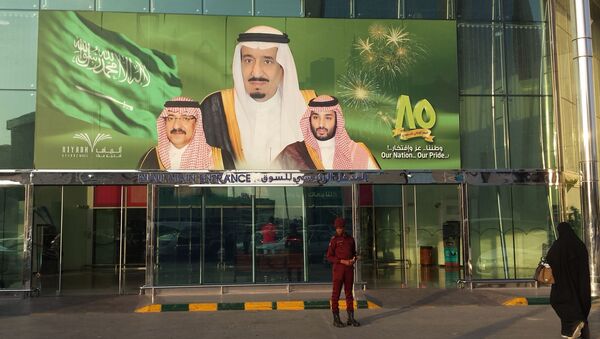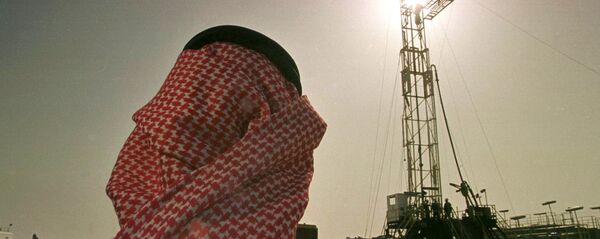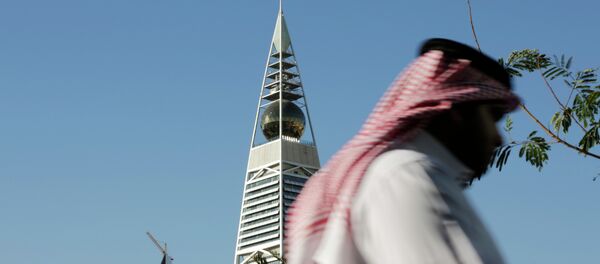Nearly 75 percent of the population is under 30 and 58 percent are under 25. Currently, unemployment is 12 percent and 25 percent respectively in the two groups. Many residents of Saudi Arabia do not work because of state subsidies, and three million people of the 5.5 million work force are public employees. Another problem is low productivity and qualification of Saudi specialists, French analyst and researcher Roland Lombardi said in an interview with Atlantico.
However, with a slump in global oil prices, Saudi Arabia is facing financial difficulties and has had to cut subsidies.
Riyadh is running out of money to pay the inflated public employee sector and also fund numerous social programs. According to some reports, nearly 25 percent of the population are now below the poverty line, Lombardi said.
Oil accounts for 45 percent of Saudi Arabia’s natural resources and generates 90 percent of its exports and 80 percent of budget incomes. With crude hovering around $50 a barrel, Riyadh has to cut social programs and issue bonds in a bid to balance its budget.
Currently, the kingdom is burning nearly $30 billion a month of its reserves ($750 billion) which were initially supposed to be spent in a post-oil era.
According to the International Monetary Fund, the kingdom may run out of its foreign exchange reserves within five years.
Large-scale structural reforms are needed in Saudi Arabia to liberalize and diversify the economy, as well as some austerity measures, the analyst said.
The government realizes the threat of a coming financial crisis, Lombardi pointed out. In 2014 Riyadh invested in education, healthcare and infrastructure, however, now the largest portion of spending (35 percent) goes towards the military forces.
"Finally, these reforms may deal a heavy blow to the habits and cultural traditions of Saudi residents. This would only deepen public anger and tensions within the ruling elite," he suggested.
Moreover, recent foreign policy failures (the intervention in Yemen and support for extremist groups in Syria) has only deepened the political crisis and decreased kingdom’s influence in the international arena, Lombardi added.
Meanwhile, Riyadh may soon face the risk of an unprecedented power struggle, the analyst said.
There are 20,000 princes and princesses in the country, with 4,000 princes of royal blood. Nearly 1,000 of them are very influential. Lowering oil incomes may spark again old power struggles and wars between different powerful clans, he explained.




